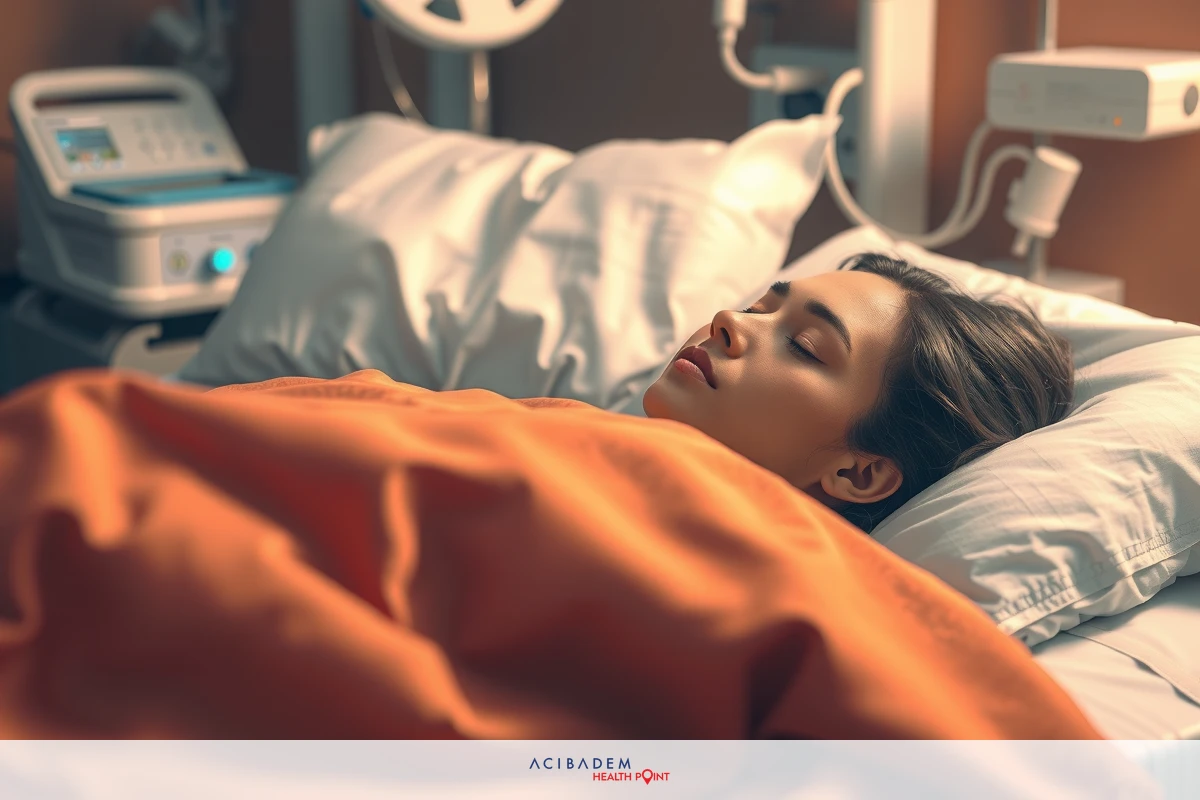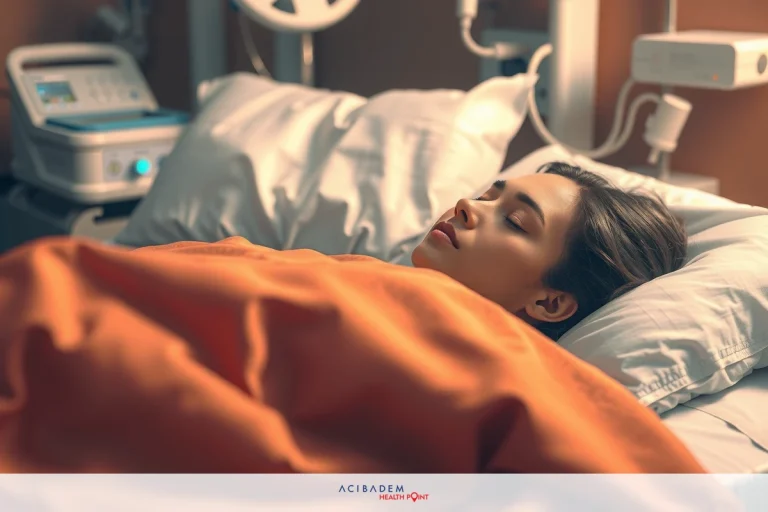Can I Breathe Through My Nose After Rhinoplasty?
Can I Breathe Through My Nose After Rhinoplasty? Rhinoplasty, is a popular cosmetic surgery that reshapes the nose. One of the main concerns for many people undergoing this surgery is how it will affect their ability to breathe through their nose post-surgery. It’s normal to have questions about what to expect after such an operation, especially with regards to basic functions like breathing.
The process of recovery from rhinoplasty varies from individual to individual. It’s important to note that experiencing changes in your breathing following this surgery is typical. There may be some discomfort or a feeling of blockage in your nose, especially in the first few weeks after the operation. Over time, as healing progresses, your ability to breathe normally will improve. This article offers insights into what you can expect in regard to breathing after a rhinoplasty procedure.
Recovery Process
The recovery process following rhinoplasty is a gradual one, and it’s important to give your body the time it needs to heal. During the first few days post-surgery, you may experience some discomfort as your nose begins to heal. This can include congestion, mild bleeding, or difficulty breathing through your nose. These symptoms are a normal part of the recovery process.
It’s essential to keep in mind that the timeline for recovery will vary from person to person. On average, most patients feel comfortable enough to return to work or school about a week after their surgery. However, as with any surgical procedure, there are steps that need to be taken to ensure a smooth recovery and maximize the surgery’s results. For instance, you should avoid strenuous physical activity for at least three weeks post- surgery. This helps prevent complications like bleeding or swelling and allows your nose time to heal properly.
Being patient with the recovery process after rhinoplasty is key. While it’s natural to want a quick recovery, remember that healing takes time. It may take several months before you’re able to fully breathe through your nose without any discomfort. Moreover, the final results of your rhinoplasty may not be evident until up to a year post-surgery, once all residual swelling has subsided. By understanding these steps and timelines involved in the recovery process, you’re setting yourself up for success following your rhinoplasty procedure.
Breathing Changes
Following rhinoplasty, one of the most immediate changes you’re likely to notice involves your ability to breathe through your nose. These changes can be surprising and even a bit uncomfortable, but they are a normal part of the healing process. In the initial weeks post-surgery, here are some breathing changes that you might experience:
1. Nasal Congestion: This is one of the most common symptoms after rhinoplasty. Your nose may feel blocked, making it difficult for you to breathe.
2. Dryness in the Nose: Post-surgery, your nasal passages may feel dry. This is due to the healing process and should improve over time.
- Altered Sense of Smell: Your sense of smell might be temporarily affected due to swelling inside your nose.
- Nasal Discharge: You may notice a small amount of nasal discharge, which is also a normal part of the healing process.
- Difficulty Breathing During Sleep: Some patients report difficulty breathing during sleep in the initial weeks after surgery.

This image features a woman lying in a hospital bed, under medical care. She is covered with an orange blanket, and the room has various medical equipment monitors.
Remember, these changes are temporary and part of the body’s natural healing process following surgery. As swelling reduces and healing progresses, you’ll find your ability to breathe through your nose improving. It’s important to follow all post-operative care instructions given by your surgeon to facilitate optimal healing and recovery.
Tips for Improved Breathing
Following rhinoplasty, there may be a period during which your normal breathing pattern is disrupted due to natural post-surgical effects. However, there are several practical steps you can take to improve your breathing as you recover from the procedure. These tips are designed to help you manage any discomfort and promote optimal healing:
- Elevate Your Head: Keeping your head elevated, especially when sleeping, can help reduce swelling and improve airflow in your nasal passages.
- Stay Hydrated: Drinking plenty of fluids can help keep your throat moist, making it easier to breathe through your mouth while your nose is healing.
- Use a Humidifier: A humidifier can help moisten your nasal passages and throat, reducing dryness and making breathing more comfortable.
- Avoid Blowing Your Nose: While it might be tempting, avoid blowing your nose for at least two weeks after surgery to prevent disruption of the healing tissues.
- Practice Deep Breathing Exercises: Gentle deep breathing exercises can help maintain lung capacity while your nose is healing.
Remember that these tips are intended to aid your recovery process and improve comfort during the initial weeks following rhinoplasty. Always follow the specific postoperative instructions provided by your surgeon, as individual needs may vary based on the specific procedures performed during your rhinoplasty.
Frequently Asked Questions
How long will it take for my breathing to return to normal after rhinoplasty?
The timeline for your breathing to return to normal can vary, but most patients notice significant improvements within the first few weeks to months following surgery. However, it's important to note that full healing and final results may take up to a year.
Can I use nasal sprays or decongestants to help with nasal congestion after rhinoplasty?
It is generally recommended to avoid nasal sprays or decongestants unless specifically instructed by your surgeon. These products can potentially cause irritation or interfere with the healing process.











